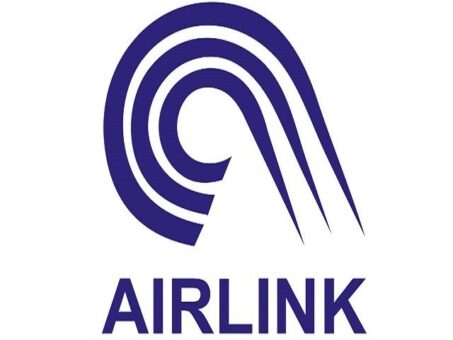KARACHI: Air Link Communications on Tuesday said it has signed an agreement for the distribution of realme smartphones, which is world’s number one fastest-growing brand.
In a communication sent to Pakistan Stock Exchange (PSX), the company said it had entered into a distribution agreement of a full range of realme mobile devices and accessories, IoT products, TVs in Pakistan with Extra Tech (Private Limited).
The company said that realme is the World No. 1 fastest-growing smartphones brand for five consecutive quarters.
“realme is also the world’s fastest smartphone brand to reach 100 million smartphones sales cumulatively worldwide,” the company added.
Air Link Communication Ltd. is one of the largest smartphones distributors, manufacturers and retailers in Pakistan with over a decade-long brilliance in the telecom industry.
“We have a nationwide network linked with over 16+ hubs and Regional offices, 1100 + wholesalers and 4,000+ retailers with after-sales support service centres in all major cities of Pakistan,” according to the company.
The company is the official partner of leading global brands that include Samsung, Huawei, Tecno, TCL, Alcatel, iTel and is Apple Authorised Reseller.
Airlink recognizes the importance of access to technology for a better, more digitally literate Pakistan. Therefore, the company has worked towards the provision of affordable technology to every household of this country.
The vertical and backward Integration of the business supports airlink’s vision of putting Pakistan on the global technological map by synchronizing its business functions for bringing innovation for the betterment of its consumers.
Keeping in line with the company’s vision, we established a state-of-the-art smartphone manufacturing facility which is going to produce top-notch products that will enable us to take technology to every nook and corner of the country.






